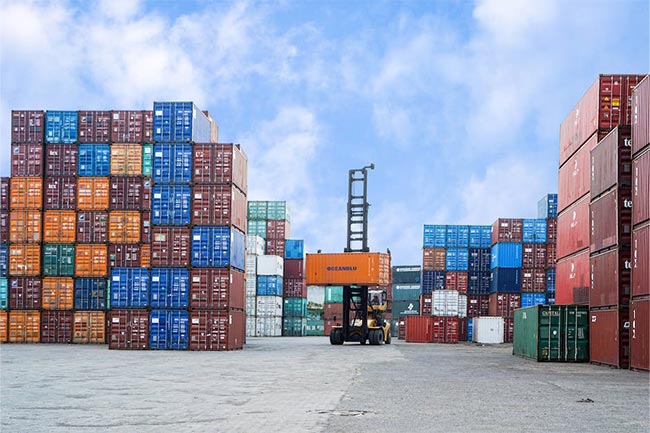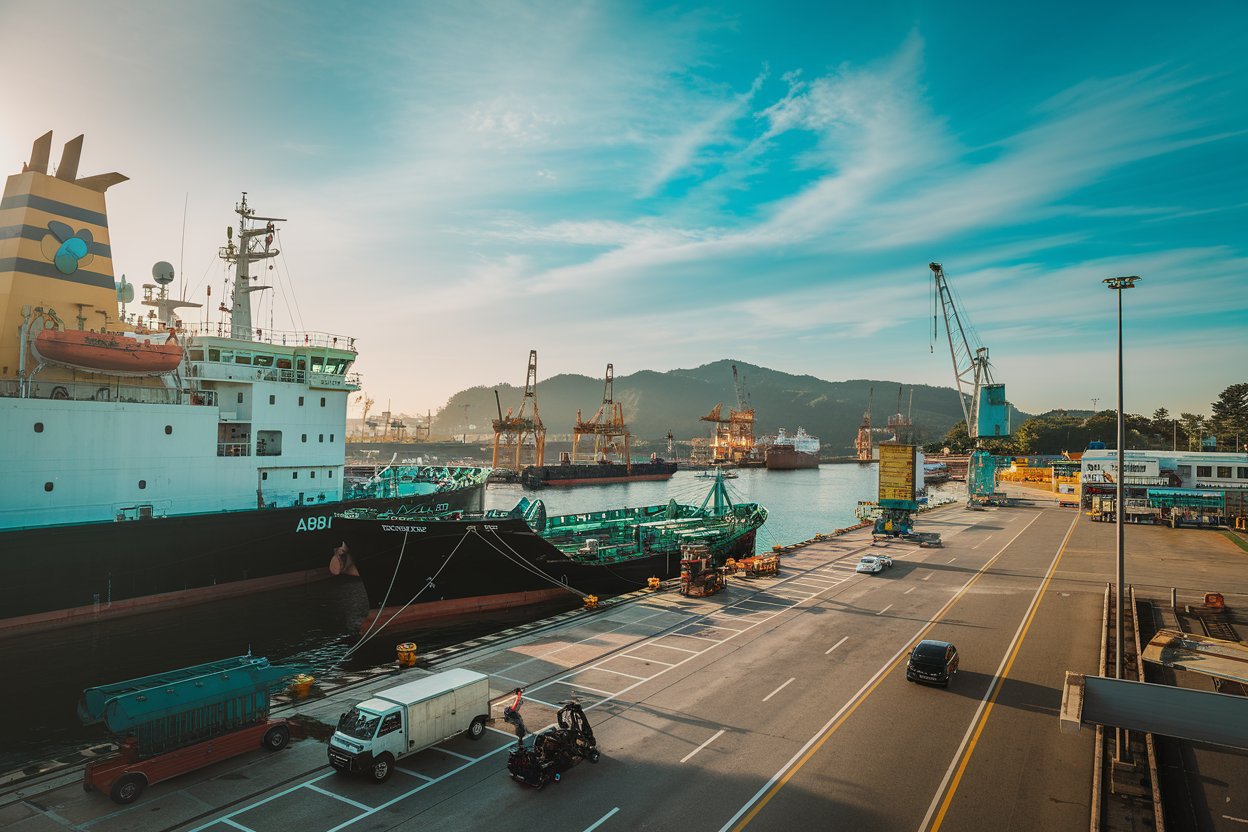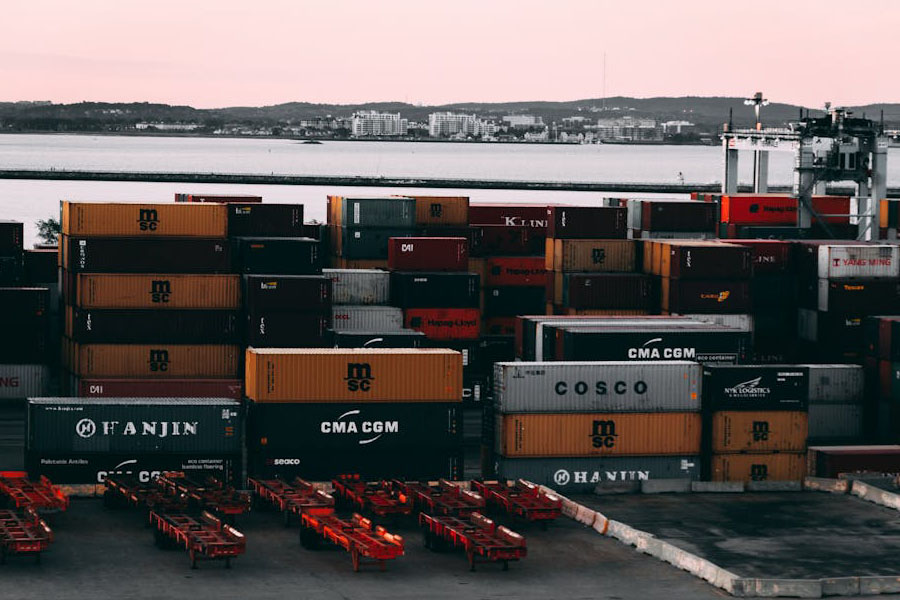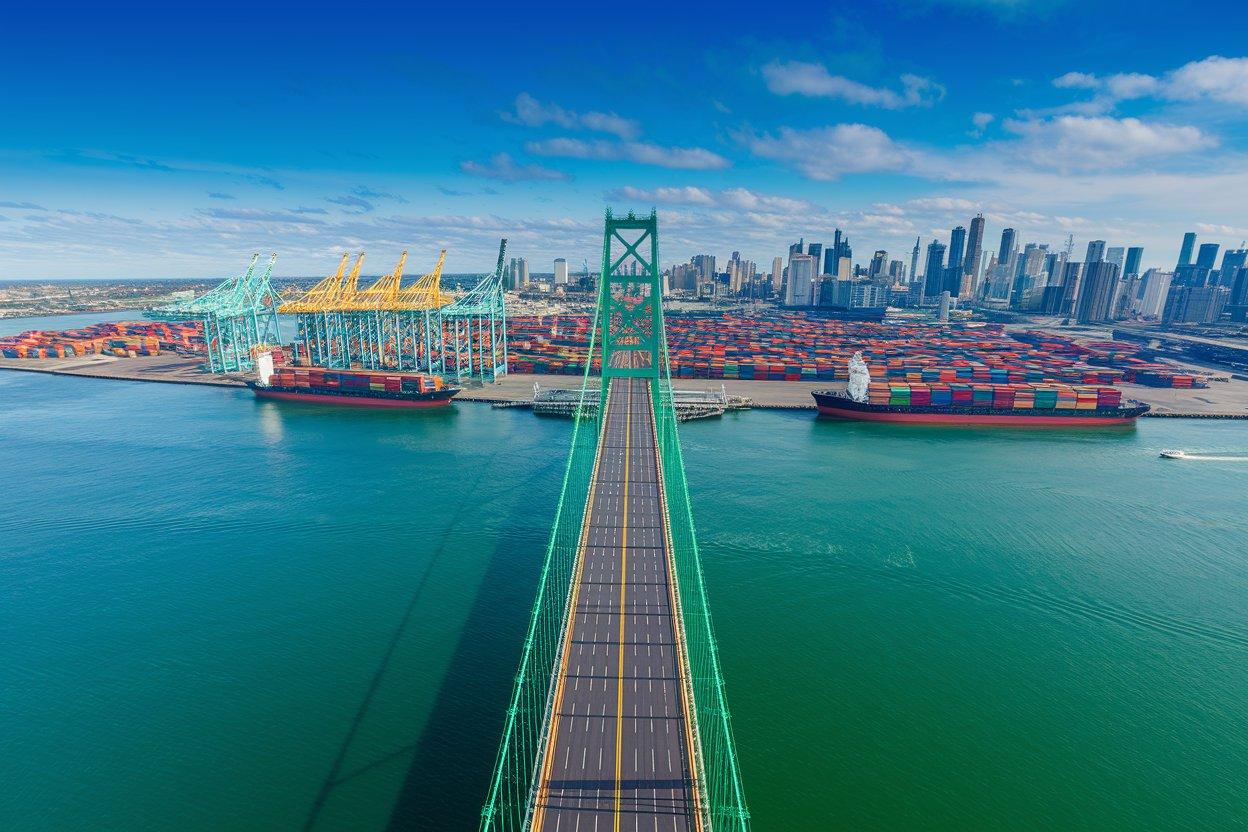- 20 Years of Expertise in Import & Export Solutions
- +86 139 1787 2118
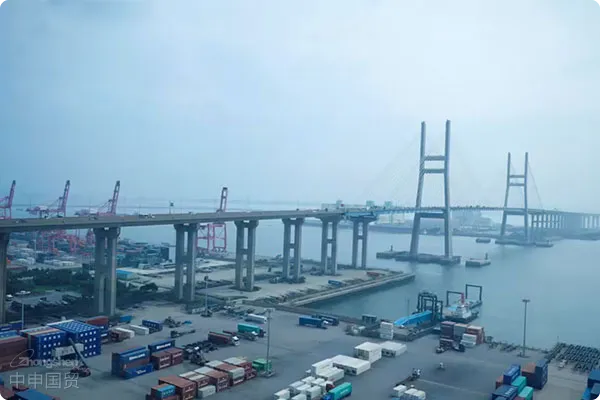
What are the core functions of an export trade agent?
As a professional intermediary, an export trade agent mainly undertakes three core functions:
- Trade Compliance Management: Handling HS code classification, certificate of origin application, and export license application (based on the latest 2025 "China Export Control Law")
- Supply chain coordination: Integrating customs declaration, logistics, tax rebates, and other links. A typical example is the export of electromechanical products, which requires coordinating the?3C certification?and?Ocean shipping?connection of dangerous goods declaration
- Risk buffer: Managing cross-border settlement risks through payment instruments such as D/P and L/C. A certain Fortune 500 company once avoided an exchange loss of $3 million through an agent.
Why do SMEs need to entrust an export trade agent more?
According to the 2025 International Trade Development Report, the export success rate of SMEs that entrust a professional agent has increased by 47%, mainly benefiting from:
- A 45% reduction in compliance costs (document handling, customs audit, etc.)
- A 22% shortening of customs clearance time (agency companies usually have AEO certification)
- An expansion of overseas channels by 38% (utilizing the agent's overseas warehouses and distribution network)
How to evaluate the professional capabilities of an export trade agent?
It is recommended to conduct a comprehensive evaluation from four dimensions:
- Industry experience match rate
- Export of chemical products requires examining the capability to handle GHS compliance
- ?E-commerce?Requires matching 9610/9710 customs clearance experience
- Global Service Network
- Whether branches are established in major exporting countries
- Whether the overseas warehouse layout matches the business radius
What are the upgrades to the new?Export Agency?services in 2025?
The latest industry development trends include:
- Digital Customs System: Direct API connection with the General Administration of Customs' Single Window to achieve real-time declaration status tracking
- ESG compliance service: A complete solution to respond to the EU's CBAM carbon tariff
- Intelligent risk control system: Using blockchain technology to verify the authenticity of trade
What common misconceptions should be avoided when choosing an export agent?
- Low-price priority trap: A certain clothing enterprise had 20% of its goods seized by the destination country's customs for choosing a low-priced agent
- Oversight in qualification review: Focus on checking the "International Freight Forwarder Filing Form" and the "To?Foreign trade?Registration Form for Foreign Trade Operators
- Misunderstanding of the scope of service: Clarify that the agent does not bear the buyer's credit risk (unless credit insurance is purchased)
What key clauses should the export agency contract include?
It is recommended to pay special attention to the setting of the following clauses:
- Dispute resolution jurisdiction (the China International Trade Arbitration Commission is recommended)
- Data confidentiality clause (compliant with the "Measures for the Security Assessment of Data Cross-border Transfer")
- Definition of force majeure (must include sudden trade control situations in the destination country)
Recommended for You
- Importing Sportswear from Italy, a Complete Foreign Trade Process Analysis
- How to Issue an Export Agency Certificate? 10 Questions Exporters Care About Most
- How Can a Sea Freight Agent Ensure My Cargo Arrives on Time? 15 Key Questions for Importers & Exporters
- How Do Freight Forwarders Charge for Exports? 10 Questions Foreign Traders Must Ask
- What Services Do Export Agency Fees Actually Include? 2025 Latest Interpretation
Resources
Contact Us
(+86) 139 1787 2118
Email: service@sh-zhongshen.com
Email: service@sh-zhongshen.com
Recommended for You
Contact via WeChat

? 2025. All Rights Reserved.
